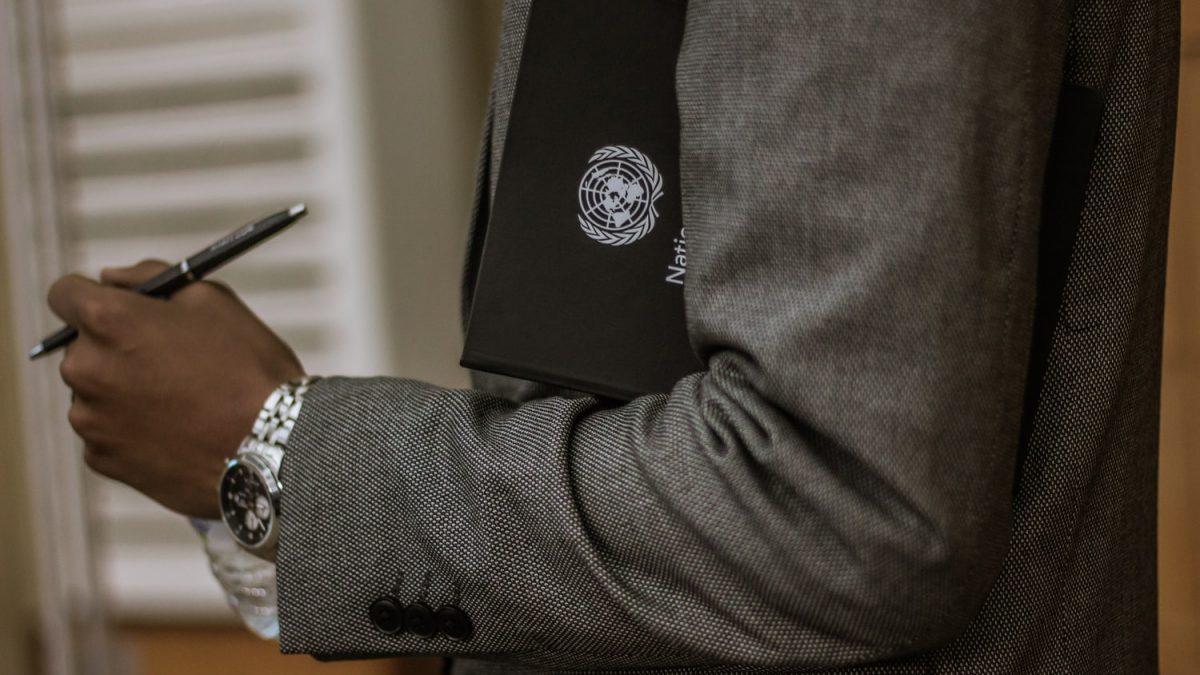
5 proven ways to build your reputation as a solicitor
November 26, 2019
Smart contracts and Cryptoassets now recognised in law
November 27, 2019Article by Vareesha Sameem
Kashmir, a disputed territory since the rough split in 1947. Seventy-two years of ongoing debate, unsuccessful resolutions and no outcome. But why, in 2019, did it become a heated issue once again? The continuous battle has sacrificed many lives in the past years, but what makes it quench our attention now?
The 1947 partition which established Pakistan and India as separate nations undoubtedly led various land disputes. Kashmir remained to be a topic of discussion due to the hesitant nature of the, at that time, a princely state of a Muslim majority – Kashmir. The Hindu Maharaja Prince Hari Singh faced a dilemma on whether to join Pakistan or remain in India after the partition as it would lead to disagreements from both Hindus and Muslims equally. Uninterrupted violence has been taking place in Kashmir since the situation remains undecided.
On 5 August 2019, Prime Minister Modi announced the annulment of Article 370, which had provided Kashmir special status which included; control over internal politics and matters, a separate constitution and a state flag. In fact, another decision took place, the abolishing of Article 35A, part of Article 370 which imposes that only permanent residents of Kashmir could own property in the region. Not only did India strip the autonomy of Kashmiris, which never seemed to exist in the first place, India also mimicked a kind of authoritarian centralisation in a country famous for its federalism. Critics worldwide have raised a united voice against the decision as there was little if any, parliamentary debate and ironically, no participation from Kashmiri politicians or citizens.
‘A man with a mission’ Imran Khan, the Prime Minister of Pakistan, has recently been rather vocal about the conflict after the decision of Prime Minister Modi. His latest speech in the UN urged members, governments and organisations, to persuade India to lift its siege of Kashmir, or the ‘two nuclear-armed countries will come face to face’. He explained how his government was consistently ignored by Modi and his cabinet when the topic of Kashmir was put on the table. Khan was globally appreciated for explicitly addressing the issue where Modi and his government has enforced a curfew which detained more than 5000 people, including lawyers and journalists. The news of isolation that India has cut phone and internet service has left millions furious and severe allegations of torture and beatings have come to surface.
Article 370, which provided Kashmiris with special status, was revoked without any dialogue with the political leaders and locals. Strict curfew, the lockdown of communications, the constraining of lawyers, journalists, political leaders, business community and activists, the lack of international criticism against India has been startling. Especially with it being the world’s most populous democracy. Concerning Modi, no comments have been made about his questionable actions. However, at a rally in Houston, he stated that revoking the constitutional clause meant that the people of Kashmir would have ‘equal rights, just like Indians’. For Kashmir, which is essentially under martial law, within the world’s largest democracy, this would be a preposterous proclamation to make.
From the speech of Prime Minister Imran Khan at the UN, one can clearly see the urgency of the matter which demands the UN’s attention. However, he may be disappointed by having any hopes in the UN, given its dismissive approach to the dispute in the recent decade or so. ‘If the UN doesn’t speak about it, who is going to speak about it’ he told The Times editorial, but the lack of initiative to resolve the conflict is rather a dark sign showing the socially impaired and defective international diplomacy. The offer to mediate by Mr Trump seems noticeably fictitious and fabricated as his increasing relations with dictatorial natured Modi, where he also attended the Houston fan fest rally. As the American leadership appears to be in turmoil and is debated to be gradually descending, the bias vision of Trump hardly makes it believable that any action, or in fact, mediation will take place.
While the UN initially played an important role of a peacekeeper and mediator, it seemed to have stepped on the back-foot in the 1970s, post-Indo-Pak war. In fact, until China had given support to Pakistan’s request for a discussion on Modi’s increasing autocratic decision, the pressure exerted by India had kept the Kashmir issue out of the agenda of the Security Council. The Council could not come to a united decision. Surely, there should be greater clarity on the fact that the UN Security Council opposes the merciless operation carried out by Mr Modi in Kashmir.
In contrast to the economically unstable Pakistan, India beholds a huge market. Therefore, many countries are unwilling to support Khan and the Kashmiris into lifting the brutal and inhumane siege. Pakistan does not place itself in a favourable position by supporting groups, who have attacked Indian troops. However, the atrocities and unconstitutional acts being carried out on innocent people in the state of Kashmir does not have to do with the Indo-Pak crisis. It must be looked at as a human rights issue, especially when article 370 was revoked, which essentially deprived Kashmiris of their fundamental human rights. Why is it, that no one seems to be taking a stand against the barbarous actions against innocent civilians? In 2019, when social and global awareness is at its peak, the 72-year struggle and sacrifices of the Kashmiris have not yet been solved. The UN, which claims to be an ‘intergovernmental organisation responsible for maintaining international peace and security, developing friendly relations among nations, achieving international cooperation, and being a centre for harmonising the actions of nations’, has not been able to take a firm stand on this issue. If the UN is not willing to take a stand, how can we expect other countries or their governments to even support Kashmir’s autonomy?





